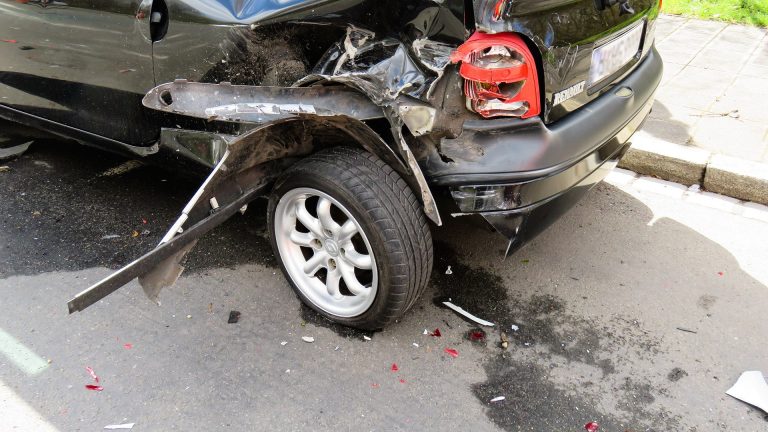Being involved in a car accident can be an extremely stressful and upsetting experience. Even a minor prang can leave you feeling shaken up. However, it’s important to try to stay calm and follow the proper steps to ensure everyone’s safety and protect your rights.
This comprehensive guide will walk you through exactly what to do if you’re ever involved in a car accident in the UK, from securing the scene to filing an insurance claim. Following these steps can help make the process go as smoothly as possible during a difficult situation.
The UK’s FREE vehicle insurance reminder service.
Road tax, MOT, insurance & maintenance alerts totally FREE.
Helping 1,000’s of UK drivers avoid penalties & stay legal on the road.
At the Scene of the Accident
- Stop your vehicle and remain at the scene. It’s illegal to leave the scene of an accident, no matter how minor it may seem.
- Turn on your hazard lights and move your vehicle to the side of the road if possible to avoid obstructing traffic. If the accident is blocking the road, use warning triangles or road flares if you have them.
- Check if anyone is injured and call 999 immediately if there are any casualties requiring an ambulance.
- Call the police to report the accident, even for a minor collision. Some insurance companies require a police report to process certain claims.
- Turn off your engine, engage your handbrake, and turn on your hazard warning lights.
- Never admit fault or responsibility for the accident, even partially. Anything you say could potentially be used against you.
- Make a diagram or take photographs of the accident scene, capturing the vehicle positions, road conditions, traffic signals, etc. Document any potential contributing factors.
- Collect the names, contact details, vehicle registrations, and insurance information from any other drivers involved. Also try to get contact details from any eyewitnesses.
Filing an Insurance Claim
- Notify your insurance provider about the accident as soon as possible, even if you don’t plan on making a claim right away. There are strict time limits.
- Be prepared to provide details about the accident, including the date, time, location, vehicle information for all parties involved, and a description of the incident.
- Never provide your insurance company with a statement about who was at-fault. Let them investigate based on the facts you provide.
- If your vehicle is not drivable, you may be able to make a courtesy car claim with your insurance if you have that coverage.
- For extensive repairs, get quotes from multiple garages and send them to your insurer for approval before authorising any work.
- Keep records and document everything thoroughly, including contacts at the insurance company, claim numbers, dates of correspondence, and agreements made.
- Ask your insurance company what the process is for a settlement once fault has been determined. Ensure you understand your rights.
- Consider using an accredited repair centre approved by your insurer for a smooth claims process.
Compensation Claims
- If the accident wasn’t your fault, you may be able to claim compensation for injury, loss of income, vehicle repair costs, medical expenses, and other associated losses.
- Claims must usually be made within 3 years of an accident, so it’s important to act quickly if pursuing compensation.
- Vehicle repair costs can typically be recouped through your own insurance first via a credit hire organisation, then your insurer will try to recover costs from the at-fault party.
- For personal injury claims, you’ll need documentation like medical reports, witness statements, and proof of financial losses.
- Consider hiring a personal injury solicitor to assist with injury compensation claims, especially for more serious or complex cases.
- Don’t accept the first offer made by an insurer if you believe it is too low. Personal injury payouts are based on standardised amounts.
- The process may be lengthier if liability for the accident is disputed between insurance companies.
What Not to Do
There are also several important things to avoid in the aftermath of a car accident:
- Don’t leave the scene before getting contact and insurance details from others involved. It’s illegal.
- Don’t move an injured person unless they are in immediate danger.
- Don’t admit fault or responsibility for the accident to anyone at the scene.
- Don’t sign any documents from an insurance company without fully understanding them first.
- Don’t provide a recorded statement to any insurer without taking legal advice if you plan to claim for injuries.
- Don’t delay in contacting your insurance company within the mandated time period.
Being prepared before an accident occurs and knowing the proper steps to take can help prevent further issues down the road. While no one wants to be in a car accident, following this guide can make a stressful situation a bit easier to navigate.

